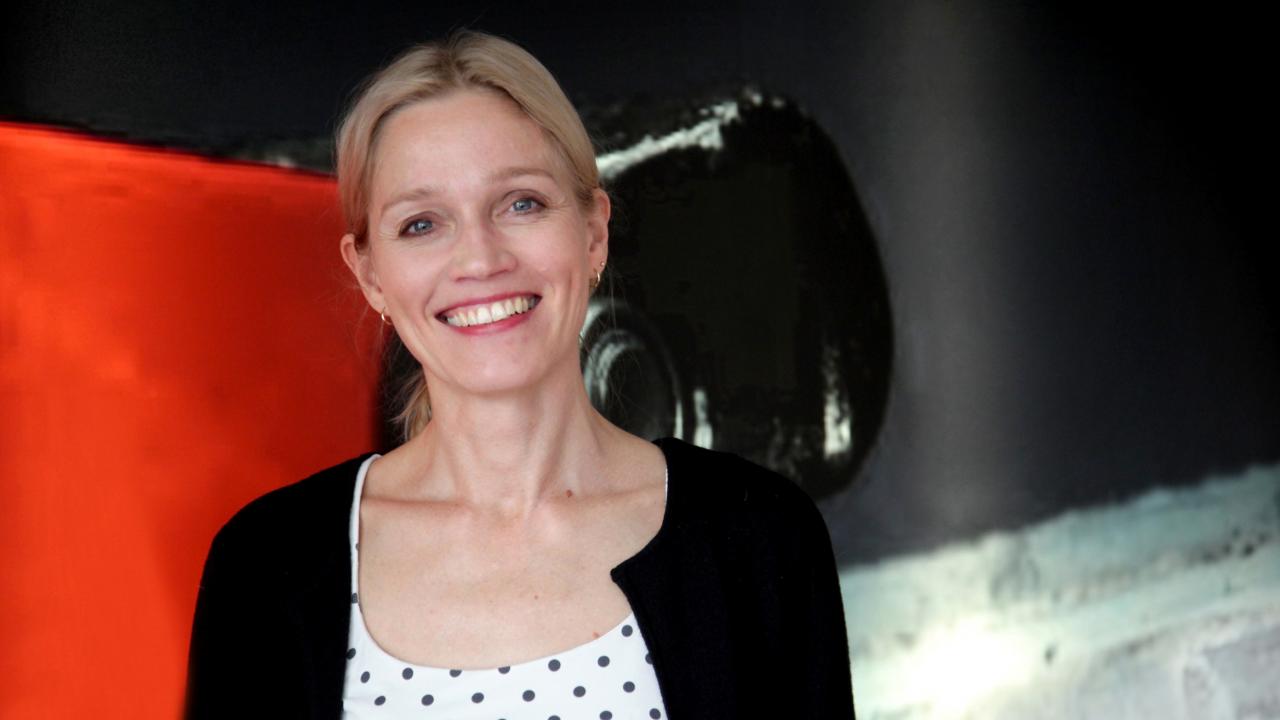“Only sustainable business can be successful”

You’ve worked with sustainability issues in one way or another for your entire career – how did you get into the field?
In the 1990s, when I was studying engineering, I started thinking a lot about what technology can do to improve things in the world. Back then, I don’t think there were any study programmes in Finland purely about sustainability. But I found an environmental-technology major at the former Helsinki University of Technology and got into the field that way.
After graduation, I joined UPM- Kymmene as an environmental analyst, doing calculations about the environmental impact of making different products. At the time, customer interest in these metrics was growing and several regulations were coming into force. There was also lots of negative media attention around heavy industries. NGOs started to push our customers, who then pushed us.
The whole field of sustainability has developed a lot since then – you must have seen massive changes in how it’s handled inside companies?
Absolutely. In the early days of my career, working in sustainability was about being in a policing role; acting as an internal activist who would tell different departments what they should and shouldn’t be doing. Back then, internal stakeholders would often only focus on increased costs, instead of seeing the wider benefits of being responsible.
But today there’s a broad understanding that only sustainable business can be successful. It’s not a cost. If you think about things like saving energy, cutting down on raw materials, and avoiding waste; it may be that an initial investment is needed, but the payback does come in the end. It’s a win-win, both environmentally and financially.
What I’ve seen is a shift from push to pull. Sustainable behaviour used to start when a customer requested it, or legislation demanded it. But now companies are taking a much more proactive approach and embracing sustainability on their own terms.
What do you say to people who are still focused only on costs?
There are several studies showing how sustainable companies generally outperform those with less sustainable behaviour. Usually you need a longer-term perspective to see this, but it’s there. Today, investors typically look into environmental, social and governance matters, so more disclosure is required. For instance, investors often want to know how a company sees climate change affecting its operations 10 or 20 years in the future.
In the past, it may have been possible for companies to get quick wins and save money by cutting corners. But I don’t think this is even possible anymore. With the speed of social media and so many people are concerned with transparency, you cannot hide things. It’s difficult to get transparency through the whole supply chain, but it’s expected nowadays. So you need to have the right processes in place.
What are the main things a sustain-able company needs to have in order?
Sustainability needs to be part of the strategy, and there needs to be understanding and commitment from top management. A company also needs to define what sustainability means for itself, set targets, have the right governance principles in place, and decide who is responsible for what. A good measure as to how serious a company is about sustainability is to ask how it is represented at the board level. Different companies have different approaches.
Is there a standardised way for companies to report on their sustainability performance, as they do with their financials?
Unfortunately not! There is no IFRS-type equivalent for sustainability reporting. There are attempts in certain areas though, such as the Task Force on Climate-related Financial Disclosures. The Dow Jones Sustainability Indices also evaluate sustainability performance, but only for large publicly-listed companies.
What advice would you give to people who would like to work with sustainability?
You can find a sustainability angle in almost any profession nowadays – product development, law, communications, and so on. So what I generally tell younger people who are interested in the field is not to study only sustainability. Rather see sustainability as something you can study in addition to something else, because this will give you more career options.
This is an article from the Hanken Magazine no 3/2019. You can read the whole magazine here Opens in new window .
Text: Andrew Flowers | Photo: Pia Pettersson

